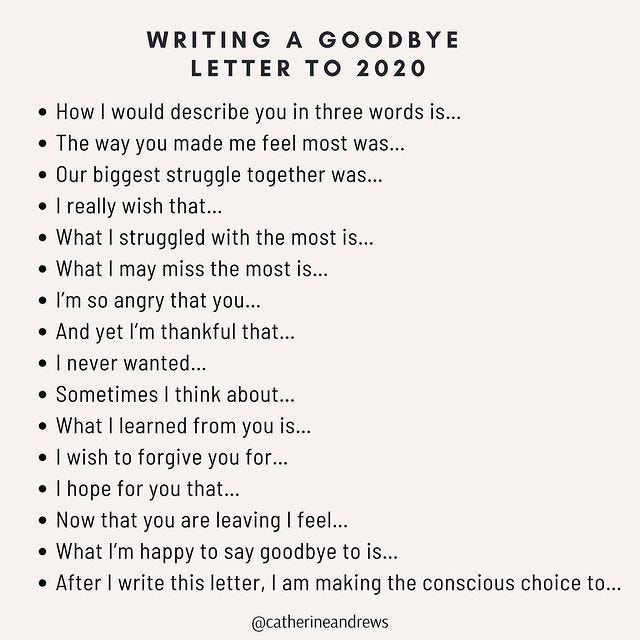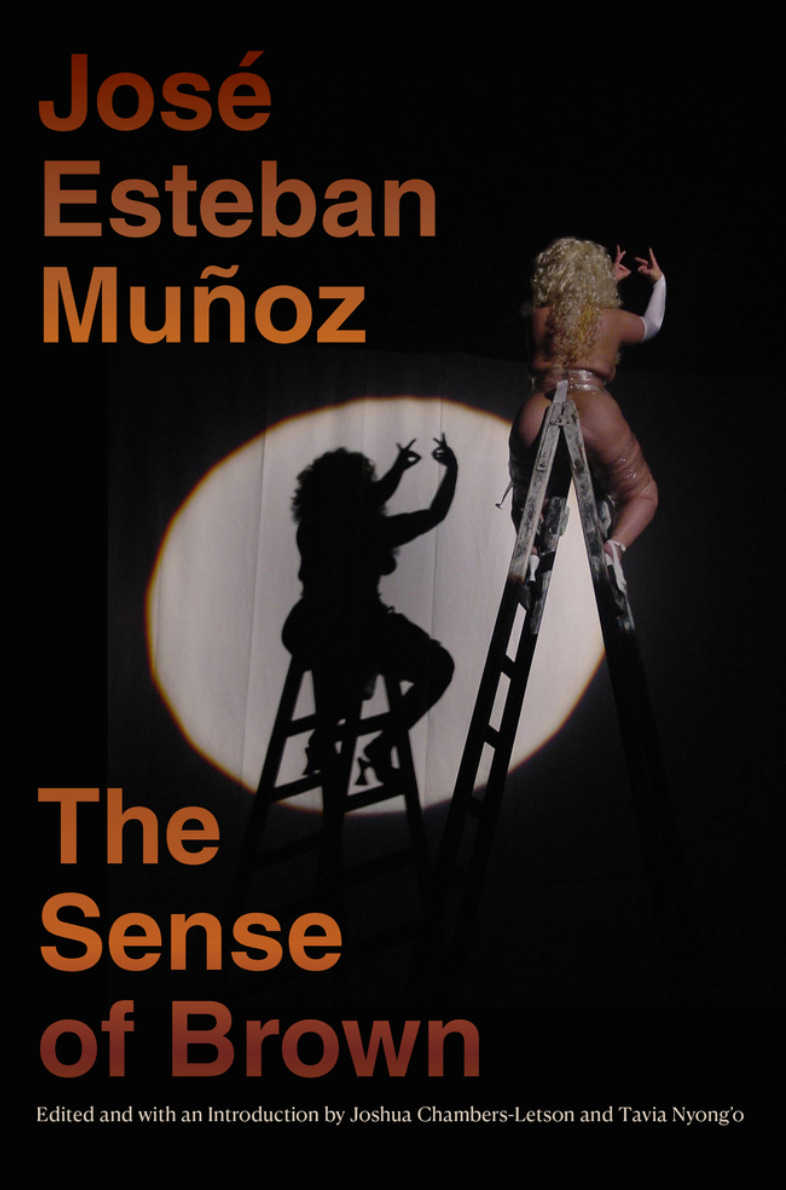22. an end of the year "to-read" list
thinking about year-end reflections and non-fiction/academic to-read lists
Hi there! 👋 I’m Ida, and this is tiny driver, a newsletter about research, pedagogy, culture and their intersections. Thank you for being here. Reply anytime, I love hearing from you.
👋💖 And a big hello to the new subscribers!! I'm guessing that you are here because of the Anti-Racism Daily newsletter I wrote on unpacking Middle Eastern stereotypes in Hollywood. Thank you so much for subscribing to this little corner of the internet, and I'm so glad to have you here! Please also feel free to share this newsletter with friends that you think would like it too! 🥰
Hello and happy December! This month has started off with a lot of written reflection on the past year. And while this is a practice I do most Decembers (I love a good end-of-the-year recap), this year's reflection is going to look quite different, as I'm sure it is for a lot of folks. One thing that I've incorporated is writing a letter to 2020, which I have to admit was quite cathartic. If you'd like to do the same, here are some prompts that I found helpful for getting started:
What I consume.
In the Bookshop:
Currently Reading: Tomboyland: Essays by Melissa Faliveno
On Deck: Pachinko by Min Jin Lee
One thing that wish I did more of this year was read more scholarship that I'm excited about. Between finishing up the dissertation and preparing for a new job and all that came with it, this year went by without as much reading as I hoped to do. So, I'm making time this month to close out the year with reading five books that have been on my academic "to-read" pile for a while.
I wrote about this book back in October when I first got it in the mail, and it has come back to the top of my pile after reading this incredible review by Jane Hu in Bookforum, and these lines in particular:
The genius of Muñoz’s first two monographs lay in his ability to ground the high-flown abstractions of theory bros in the material histories of underground communities and site-specific performances. If what animated Muñoz’s criticism was his singular ability to combine praxis and theory in examining specific artworks, then a question arises now about how to continue his work. For despite the real gifts that The Sense of Brown gives us—its startling moments of insight and its profound intellectual generosity—what it leaves the reader with is Muñoz’s afterburn.
Sarah Gualtieri's first book Between Arab and White was one book that made me feel like doing historical research about Middle Eastern Americans was not only possible, but necessary to understanding the full picture of racial formation in the United States. Now, with this newer work, she explores the role of Syrian migrants in creating Los Angeles. Given the importance of Los Angeles to the Iranian diaspora, I'm pretty excited to dig into this piece and see how she weaves together global movement into such a local story. You can hear Gualtieri talk more about her work here.
I met Narges when she was a postdoc at Brown's Watson Institute, when she kindly agreed to talk with me about her work's intersections with my own. At that time, she was revising the work that would soon become Iran Reframed, and I remembered being in absolute awe. An anthropologist by training, Narges spent years working on her dissertation about the Revolutionary Guard in Iran and what debates were (and are) going on around the future of the Islamic Republic. I'm most excited to read this book because of the way that she had to toe the line between writing critically and respecting her interlocutors. You can hear her talk more about her work here.
In my work, I see a lot of connections between the Iranian diasporic experience and the Vietnamese refugee experience. Both communities face political divides over different generations, both have a specific neocolonial relationship to the United States and both groups seem to cross over into the American national imaginary contemporaneously. So, it seems to me, to think about Iran and the United States is to also think about Vietnam. Lipman's book explores the importance of first-landing host sites & camps in the shaping of Vietnamese activism and refugee policy. You can hear her talk more about her work here.
The Ocean in the School: Pacific Islander Students Transforming Their University by Rick Bonus (2020)
Rick Bonus's new book is based on interviews with college students at the University of Washington from 2004 to 2018, and shows how the university's corporate take on improving "diversity and inclusion" do not actually make meaningful impact for the students that they are meant to serve. Given all the changes that are currently happening in academia and higher education structure, I am curious to read this book and learn more about how to intentionally practice social justice within the institution in order to advocate for my students, and particularly the students of color that I teach.
Item(s) of note.
Came for the Monks of New Skete and their German Shepherds, stayed to learn how to properly give Higgins & Girlie a calming massage for bonding.
"You and your prospective future husband barely touch." - The New Yorker on How Dating During a Pandemic is Like Being in a Jane Austen novel. (h/t my friend Sara A.)
Buckets (pictured below) is a dog who holds a very special place in my heart, because he belongs to one of my good friends Zsofi V.N. They were recently reunited after some time away from each other, and I am grateful for seeing Buckets' joy on my Insta feed again.
A pup-date.
On lazy afternoons, Girlie can always be found on her favorite blanket in her corner of the couch:
As always, thanks so much for reading through, and I'll see you in the next one!
Warmly,
Ida










